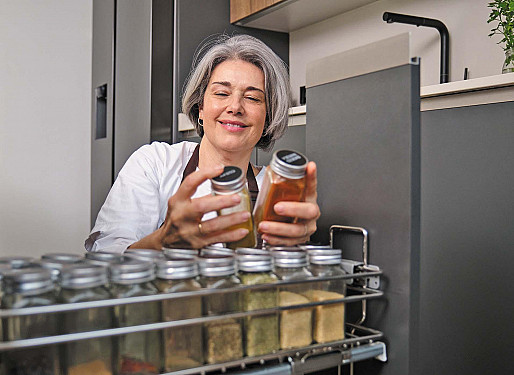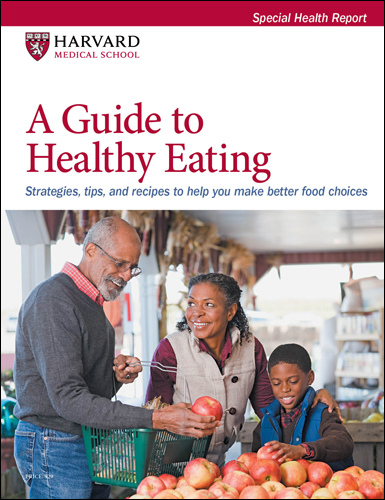By the way, doctor: Is spirulina good for you?

Q. I haven’t much about spirulina recently. What can you tell me about it?
A. Spirulina — classified as a cyanobacteria, or blue-green algae — has been used for centuries as a food source in other countries. Spirulina is available in capsules, tablets, and powder and has been incorporated in certain foods and beverages such as energy bars, popcorn, and smoothies. An Internet search returns hundreds of suppliers from around the world promoting spirulina's supposed health benefits.
Spirulina can grow in extreme conditions inhospitable to most other water-dwelling organisms. It's generally cultivated in manmade or natural lakes, harvested, and freeze-dried. Spirulina boasts a 60% protein content — it's a richer source of protein than most vegetables — and it's also a good source of beta-carotene, various minerals, and gamma linolenic acid, an essential fatty acid.
While the makers of spirulina supplements tout their positive health effects, the scientific evidence doesn’t support it. Admittedly little research has been done recently on spirulina. Like other dietary supplements, spirulina is not regulated by the FDA, so there's no guarantee that the product you buy will be contaminant-free or contain the amount of spirulina promised on the label.
Few side effects have been reported from spirulina when used at recommended doses. But it may worsen symptoms of an autoimmune disorder and can interfere with blood clotting. Most importantly, this type of algae theoretically could contain the amino acid phenylalanine and thus should be avoided by people who have phenylketonuria (PKU) — a metabolic disorder in which the body can't metabolize phenylalanine. If you're using spirulina, let your health provider know, as it could interact with other medications you might be taking.
Image: © SKunevski | iStock/Getty Images Plus
Disclaimer:
As a service to our readers, Harvard Health Publishing provides access to our library of archived content. Please note the date of last review or update on all articles.
No content on this site, regardless of date, should ever be used as a substitute for direct medical advice from your doctor or other qualified clinician.
















